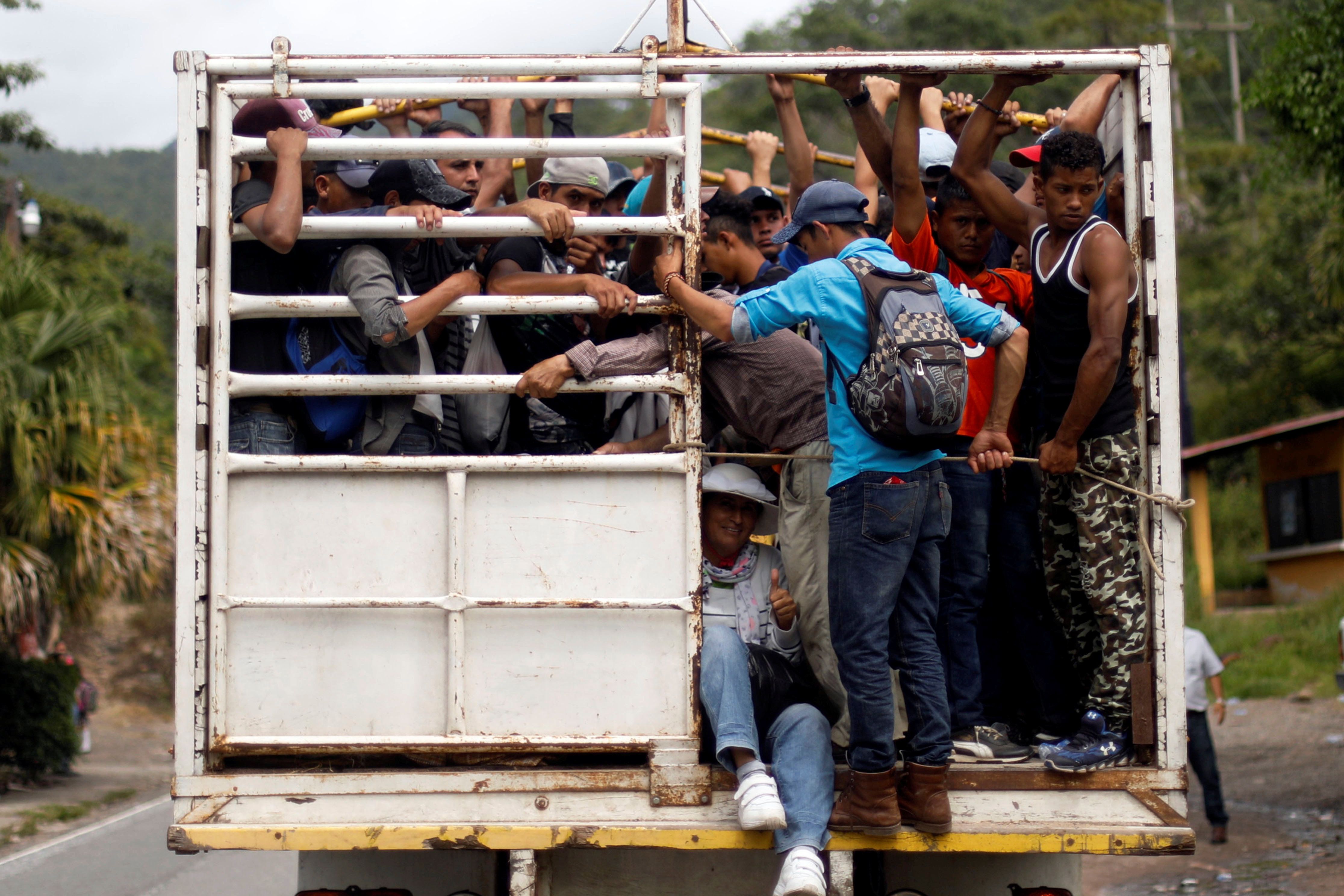Every action has a reaction—sometimes unintended. Here are three stories about the unintended consequences of governments’ actions that caught our attention this week.
Russia’s sanctions windfall: A more confrontational US foreign policy is delivering an unexpected windfall to Moscow—more money in the bank. That’s because Russia has benefited from two simultaneous effects of US sanctions. First, the price of oil, Russia’s main export, has risen steadily in anticipation of the re-imposition of US sanctions against Iran. Second, US measures against Russia itself have caused the value of its currency, the ruble, to fall by 15 percent since mid-August. The combined result is that a barrel of Russian crude, which is typically sold in dollars, is worth around 30 percent more todaythan one sold back in January.
Saudi Arabia’s tech funding: Saudi Arabia’s alleged killing of journalist Jamal Khashoggi has led a number of high-profile US business people to withdrawfrom an upcoming investment conference in Riyadh, a consequential development for the kingdom as it seeks to attract know-how from abroad. But the next wave of the backlash may wash over Silicon Valley—as Crown Prince Mohammed bin Salman, known as MBS, has directed at least $11 billion in Saudi funds to Silicon Valley since mid-2016, according to the Wall Street Journal. As global elites sour on MBS as a result of the Khashoggi affair, many American tech companies and entrepreneurs could soon find their sources of funds under fresh scrutiny.
US aid to Central America: A migrant caravan of at least 1,500 Hondurans is currently making the more than 3,000-mile overland journey to the United States. Yesterday, members of the caravan were detained by Guatemalan officials for making what they claim was an illegal border crossing. This story hasn’t escaped the attention of President Trump, who threatened in a recent tweet to cut off all aid to Honduras, the second poorest country in Latin America, if the group isn't quickly returned home. But a reduction in US aid to Honduras, which has already been slashed by the Trump administration (see graphic below), may simply exacerbate the factors that led these migrants to flee their country in the first place.
